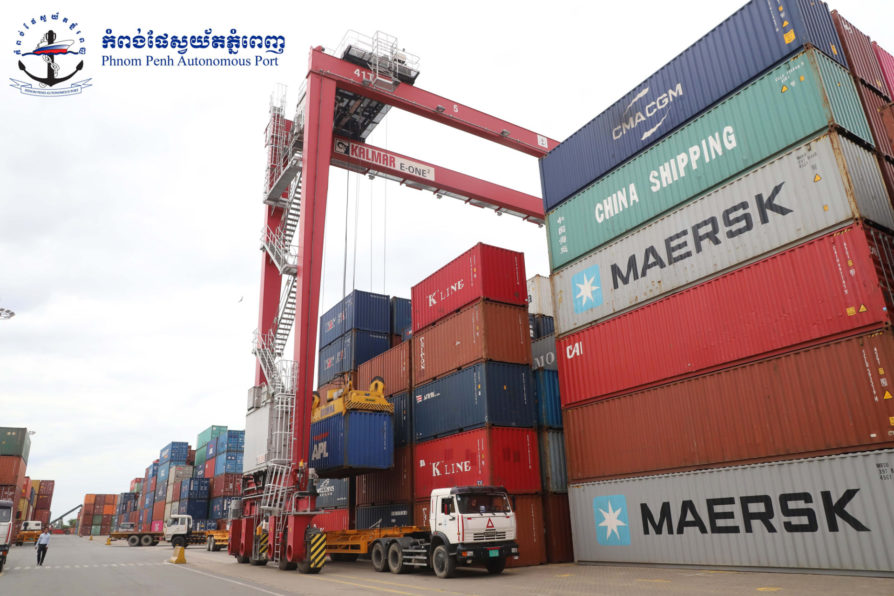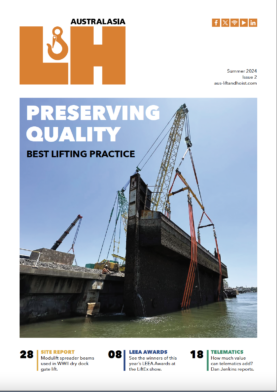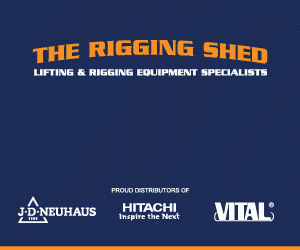)
Kalmar SmartPower RTGs chosen for port expansion in Cambodia
Kalmar, part of Cargotec, has concluded an agreement with Phnom Penh Autonomous Port (PPAP) to supply four Kalmar SmartPower Rubber-Tyred Gantry (RTG) Cranes for its LM17 Container Terminal in Cambodia. The order was booked in Cargotec’s 2020 Q3 order intake with delivery scheduled to be completed in Q3 of 2021.
PPAP’s LM17 Container Terminal started its operations in January 2013 in Kandal Province, Cambodia. The terminal provides service for both containerised and conventional cargoes with a current container handling capacity of 150,000 TEUs. The four new Kalmar RTGs to be delivered at LM17 are part of the terminal’s infrastructure expansion program, which aims to support the company’s growth plans helping them double the terminal’s capacity. The terminal already operates a Kalmar fleet of RTGs and Reachstackers.
The Kalmar SmartPower RTG consumes up to 10 litres less fuel per hour than most of the diesel RTGs on the market, thanks to its significantly smaller diesel engine and intelligent power management system. Due to its sophisticated design, Kalmar SmartPower RTG weighs less and has fewer components, resulting in higher efficiency, fewer faults, less downtime and less maintenance. It provides the perfect balance between productivity and cost efficiency in typical container handling applications.
HE Bavy Hei, chairman and CEO of PPAP, “Our strong relationship with Kalmar dates back to the very beginning of our operations at LM17. The Kalmar team’s great support and high-performing equipment led us to choose them again when it came to expanding our capacity.”
Daniel Ho, vice president of Sales, APAC, Kalmar says, “We are pleased to continue to gain ground with our RTG solutions in South East Asia. It is also a great pleasure to continue our partnership with PPAP and support them in their ambitious growth plans. Our fuel-efficient SmartPower RTGs can reduce fuel consumption by up to 50% annually compared to traditional diesel machines, helping customers take the first step on their journey towards more eco-efficient operations.”









